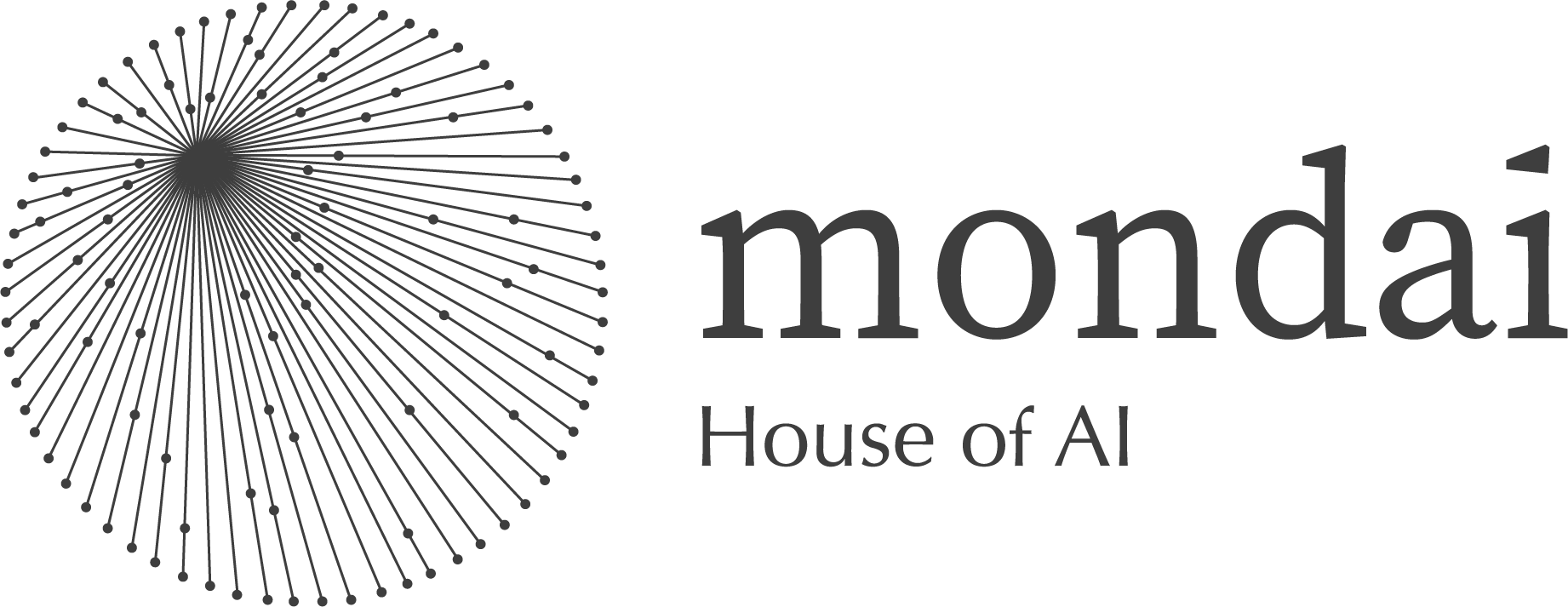
TU Delft AI Lunch: Inclusive AI
Maart 21, 2024 - 12:00 - 13:30
Mondai | House of AI is happy to host the TU Delft AI Lunch!
On Thursday 21 March (12:00 – 13:30) join us for AI Lunch: Inclusive AI. This panel lunch is moderated by Olya Kudina, Assistant Professor in Ethics & Philosophy of Technology the Faculty of TPM, and Nazli Cila, Assistant Professor of Human-Agent Partnerships at the Faculty of IDE. Join the conversation on exploring how AI can be inclusive from different perspectives. This panel will delve into navigating challenges and strategies for creating more inclusive AI systems, from addressing biases to offering different perspectives and lessons. Learn from the insights of AI researchers to broaden your understanding of the intersection between AI and inclusivity!
This event includes free lunch for which registration is required (help us reduce food waste!)
Panellists
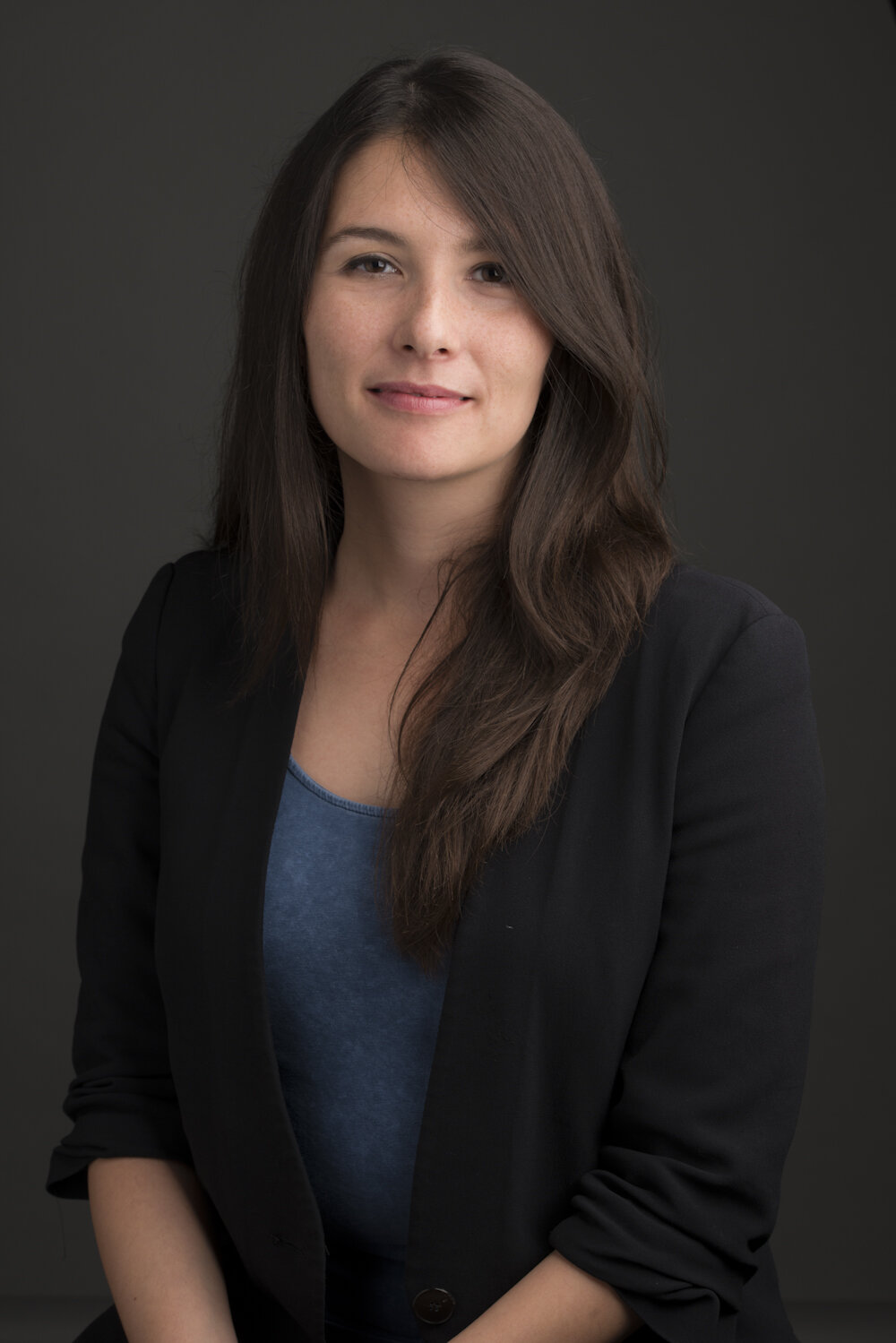
Moderator: Nazli Cila
Assistant professor Professor of Human-Agent Partnerships (Faculty of Industrial Design Engineering)
Nazli focuses on collaborations with autonomous agents, such as smart products, robots, and AI systems, and their socio-technical implications. She integrates empirical work (i.e., experimentation, future modelling, and prototyping) with philosophical, ethical, and practical issues regarding trust, responsibility, control, and intelligence. Her mission is to create foundational theory on Human-Agent Partnerships and reveal interaction patterns for meaningful, aesthetic, empowering collaborations with agents.
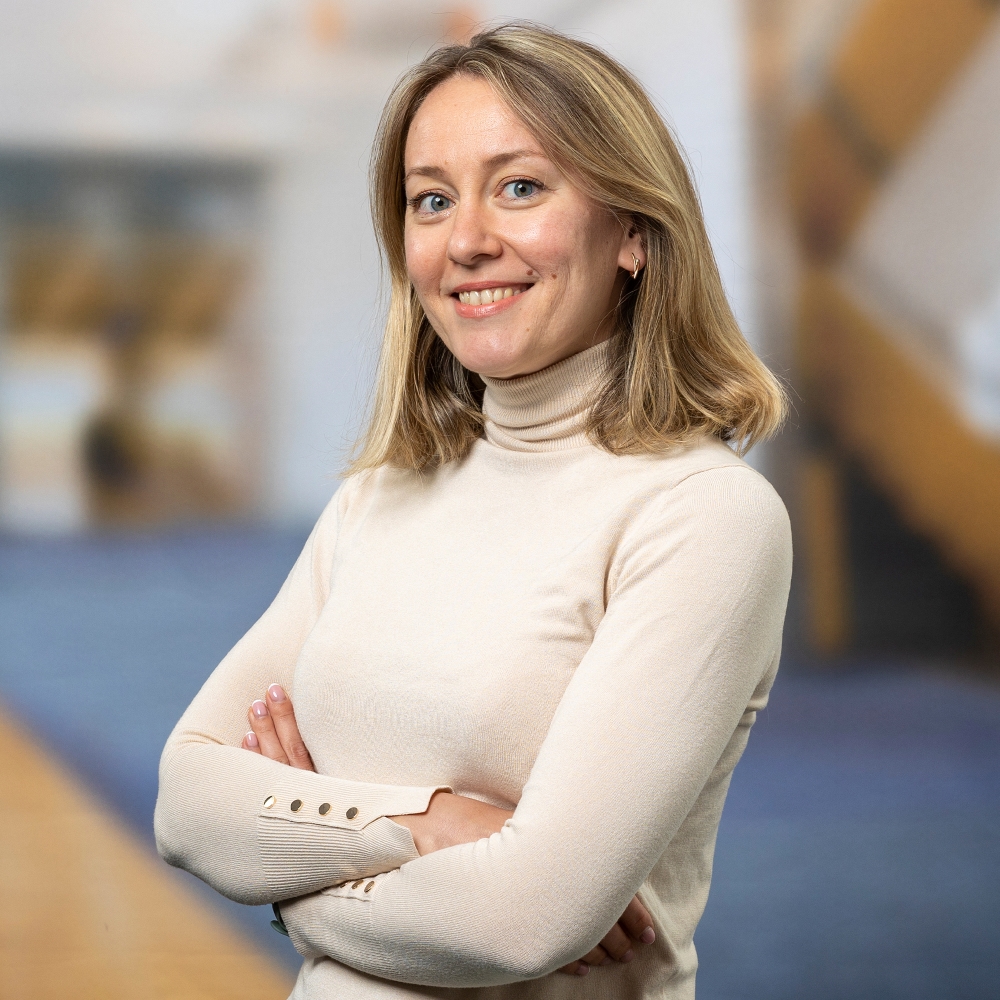
Moderator: Olya Kudina
Assistant professor of Ethics & Philosophy of Technology (Faculty of Technology, Policy & Management)
Olya is an interdisciplinary researcher in philosophy/ethics of technology who explores the relation between human values and technologies. Her recent focus has been on AI and democracy in the framework of the AI DeMoS Lab that she founded and co-leads. To anticipate the ethical challenges and opportunities of technologies, Olya thinks it is essential to combine different academic practices and fields.

Panellist: Cristina Zaga
Assistant Professor of Human-Centered Design (ET, DesignLab, University of Twente)
Cristina’s research aims to foster societal transitions towards justice, care, and solidarity, with a focus on health care, automation, and digitalization of work, and health-transitions technology. She develops transdisciplinary approaches, drawing from design research methodologies to tackle societal challenges through emergent embodied social learning and critical theories blending-in a justice take on post-human/more-than-human design. Cristina also leads the Social Justice and AI networks, working towards mitigating the dehumanizing effects of AI and promoting social and environmental justice.
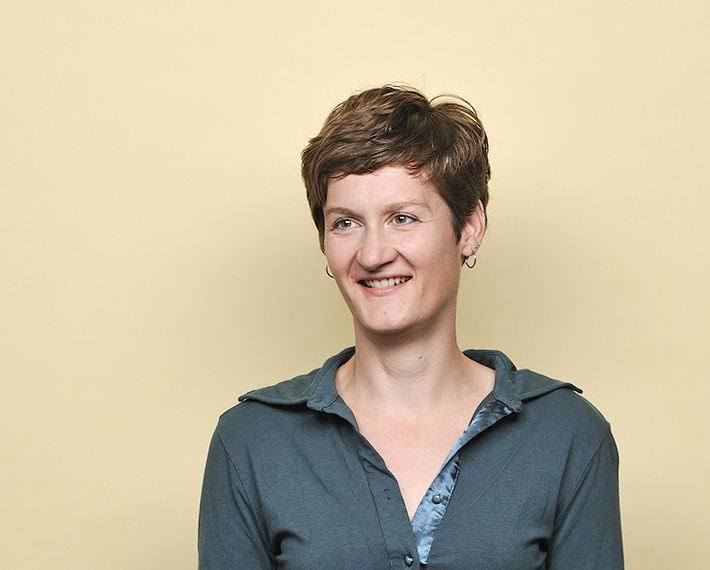
Panellist: Odette Scharenborg
Associate Professor of Intelligent Systems (EEMCS)
Odette’s research aims to build inclusive speech technology, i.e. making speech technology available for everyone irrespective of how they speak or what language they speak. In her research she considers technical aspects as well as ethical and societal aspects. She has an interest in anything and everything speech, ranging from human to automatic speech processing. She uses different research techniques including human listening experiments, EEG, and deep neural networks. Odette is the president of the International Speech Communication Association (ISCA): The largest international society on speech science and technology.
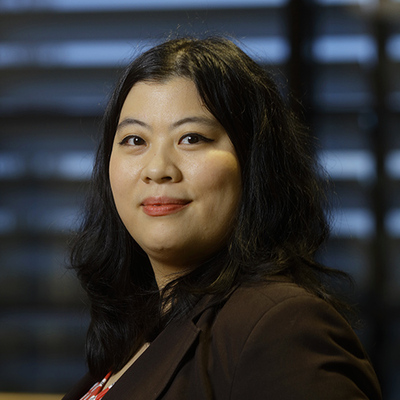
Panellist: Cynthia Liem
Associate Professor of Intelligent Systems (EEMCS)
Cynthia’s research focuses on the broadening of perspectives: the algorithmic surfacing of undiscovered information that may stimulate the development of new interests in users, techniques to ensure measurement and construct validity in human-interpreted data-driven decision-making, and methodological considerations in conducting transdisciplinary research into responsible and trustworthy AI. Cynthia is a member of the National Young Academy and recently won the Women in AI Netherlands Diversity Leader Award, acknowledging her efforts in making AI more inclusive for underrepresented groups, both in research and through public engagement.

